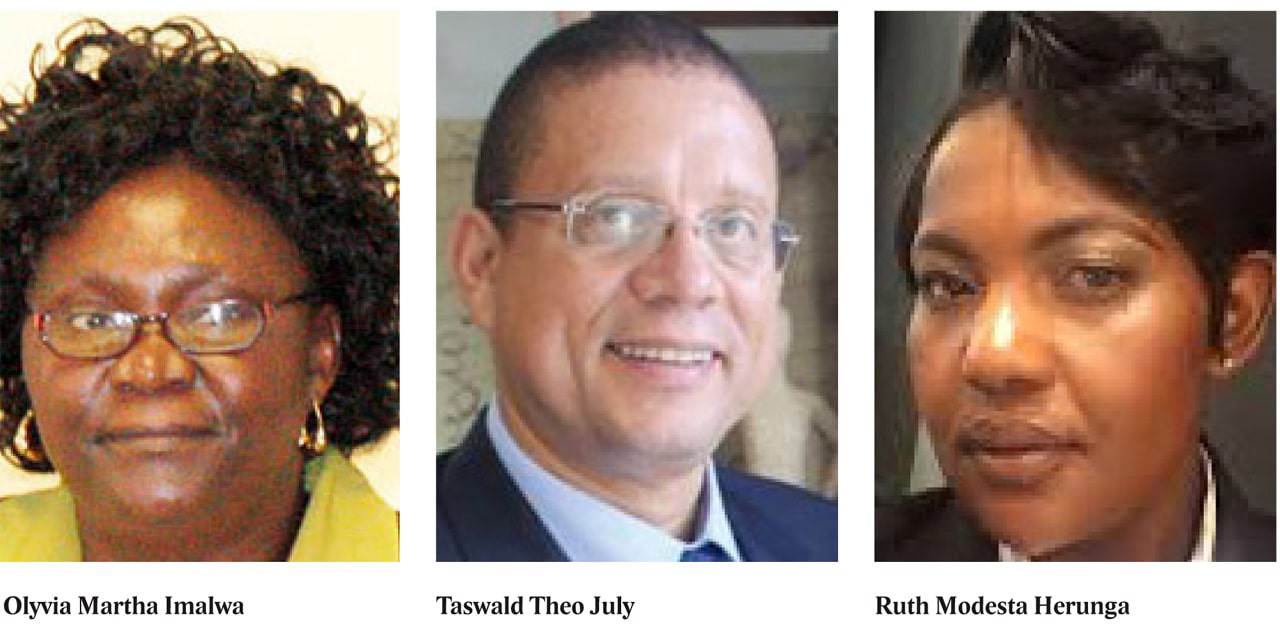Andrew Kathindi
Judicial Service Commission (JSC) has maintained its stance that it will move ahead with the appointment of a Prosecutor General without holding public hearings, despite increased calls for transparency in the process.
This comes as the process to appoint a PG has been highly criticized, amid threats from Affirmative Repositioning (AR) to hold demonstrations countrywide and demand that the process be restarted.
“The JSC rejects the unfounded allegations and remains on course to perform its constitutional mandate. The JSC has previously explained why it decided not to hold public hearings for the appointment of the next Prosecutor-General. It is unnecessary therefore to reply once more to the many questions from the media raising the same issues,” said JSC Spokesperson, Ockert Jansen.
“The public has the right to express opinions and to criticise public institutions, but allegations of criminal conduct against a constitutional body, doing its best to execute an important constitutional mandate, must be grounded in fact.”
The JSC revealed last week that, Martha Imalwa, current Prosecutor General (PG), along with Ruth Herunga and Taswald Theo July were shortlisted for the previously advertised position of the Prosecutor General (PG), after five applicants that did not meet some of the requirements contained in the advertisement were not shortlisted.
Jansen said the reduction in the prospective candidates experience from 15 years to 10 had been done as part of efforts to increase the number of lawyers that could apply for the position.
“Upper most in the JSC’s mind was the legitimate concern of disenfranchising a great number of individuals both in the public and private sector who otherwise might be deserving of consideration. For that reason, the JSC after a thorough consideration and in good faith, reduced the 15 to 10- years the post admission experience requirement,” Jansen said.
The 15-year requirement was a new addition by the JSC, believed by practitioners in the legal field would disenfranchise many.
Section 9(f) of the Supreme Court Act states that a person being considered for the post is only required to have been a legal practitioner and to have served in a legal capacity in full time public service for a cumulative period of not less than ten years.
Jansen further stated that there was a need to change its stance after studying the merits of the concerns.
“The JSC considered the above views and concerns expressed and saw merit in reconsidering the 15-year requirement.”
The JSC was however mum on whether the lack of transparency could, as it forges ahead, cast a shadow of doubt on its credibility, as it did not respond to all questions sent by Windhoek Observer.




